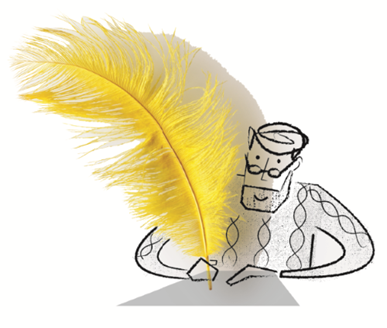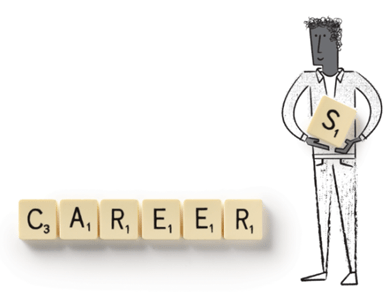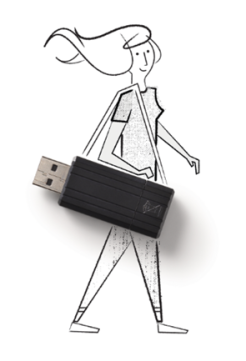Nadia is a UoM psychology undergrad who is coming to the end of her year placement at Great Ormond Street Institute of Child Health. The blog post below is a fantastic reflection on her placement experience, and is a must-read for anyone thinking about doing a placement year.
My name is Nadia and I am a third year Psychology student currently on a placement year at Great Ormond Street Institute of Child Health as a research assistant on the Psychological Medicine Research Team (quite the mouthful!).
I will be soon finishing my placement in a few months and I can truly say this year has been a pivotal time in my life – not just career wise, but personally too. I have learnt so much more than I thought I would and feel so much more prepared for my future, post-graduation. I write this post in hope to encourage many more students to also take on a placement year and what to expect when they do.
How my placement changed, developed, and confirmed my career aspirations
I have wanted to be a clinical psychologist since the age of fifteen, and have thrown myself into the world of psychology to make sure I achieved this. I researched a lot and tried to get as much experience as possible, but I didn’t realise how ignorant I was about the path to becoming a psychologist until this placement. Working with the Psychological Medicine Research Team gave me the opportunity to work with highly esteemed researchers and clinical psychologists, who had all got to their careers through different ways. From their experiences I have learnt a few things; that there is no one route, it’s definitely not easy and be prepared for rejection, but you must persevere and be active. I also am working alongside people who have gone through the process of applying for the clinical doctorates and I have received so much useful advice and tips from them.
Working with this team has helped me to develop my career aspirations not only through watching them and talking to them, but also through the work I did. Meeting families and speaking to patients that were a part of the projects I worked on has sparked my interest in child mental health. One of the projects I have been working on is a mental health and wellbeing drop-in centre in the hospital, which gives patients, and their families, almost immediate access to mental health support, where we provide low-intensity interventions delivered by psychological wellbeing practitioners (PWPs). This, to me, sounds like an incredible thing, and watching it in action and seeing the impact it has had on these young children has driven my passion in young people’s mental health. Additionally, the experience of working in a research team, and seeing behind the scenes of a published paper has helped me to be less fearful about the aspect of going into research and I have the opportunity to attend many conferences and talks which has broadened my knowledge and interests in areas of research.
Challenges I have faced and overcome on my placement year
The first challenge was moving to London – a new big, busy and expensive city. It was difficult moving away from my university friends. After finally feeling settled in Manchester in second year, to just get move myself again to a whole new place felt rather daunting. I was scared but also incredibly excited because it was London, the buzzing city where so much goes on. The first few months after moving here were quite lonely and difficult, I didn’t know that many people here and even my flatmates were complete strangers. However, being in London meant there were so many things to do and see, and where there is the opportunity to meet new people. I had to try and overcome my social anxiety and get myself out there and so, outside of my placement, I have visited exhibitions, gone to talks and debates, concerts, and explored new cafes and restaurants and met great people. I was also lucky enough that my placement had other placement students who were really friendly and sociable. Again, it’s all about being active.
In terms of my placement, there are so many challenges I have faced from big to small. My personal experience may be different to others but the beginning of placement was difficult. I felt like I was not doing much as most of my tasks would entail simply just printing and scanning, and I would sometimes have moments where I had nothing to do – this was disheartening. However, what was really helpful was that I had a supervisor who I would meet with weekly to catch up on how I was getting on. For these first few meetings, I rarely voiced my honest thoughts as I felt the pressure to show appreciation for being there and for being a part of the team. However, once I spoke out and told my supervisor my concerns, she understood and agreed and I finally ended up doing more and being a part of other projects. This gave me the confidence to speak up more and realise nothing will change unless I make it happen by talking about it.
Another challenge I faced was time management and organisation (I learnt my lesson from when I asked for more things to do!). Before this placement, I considered myself an organised and efficient student, but I definitely had overestimated myself. After doing this placement, I have learnt never to trust my memory and write everything down, and that excel is my best friend. If there is one thing that this placement has certainly helped me with, it is my work ethic. There were moments where I was embarrassed and stressed, because I have made a lot of mistakes in my placement due to “human errors” and I would dwell on these, feeling like I was incompetent. After a while though, I took these as learning curves. This placement year was the wake-up call I needed, and I feel so much more prepared for my final year now and for my future. Nothing kicks you into gear like a 9 – 5 office job as a researcher!
My biggest challenge
Telephone calls. I used to never enjoy speaking to people over the phone and I would get anxious whenever this happened, even just to book a doctor’s appointment. However, this placement involves calling patients a lot and so I had to face my fears, but after doing a few phone calls I actually began to enjoy doing them and I have overcome the challenge of calling up people. (A great example of exposure therapy!)
A typical day in the office
My typical day on placement involves a lot of sitting at a computer, but I assure you this is not the only thing I do. Being part of a research project in a hospital involves a lot of admin, such as scanning, writing letters and data inputting, which sounds tedious but I have found it interesting to look at the progress of the patients we work with and see the difference we are making, just through the numbers I put on a database.
In addition to this, I have been involved in recruitment of patients, which means I spend my time going around meeting patients and families and talking to them about our project and asking if they would be interested. I have been quite successful and the relief I see on some parents’ faces when they realise there is actually support available for their family is so rewarding.
Other parts of my day may involve sitting in on assessments and treatment sessions with assistant psychologists or the PWPs, calling up patients to go through questionnaires, and attending meetings.
Overall, I felt like this placement was a crucial year for me in terms of my academic development. It has given me the opportunity to see what the working world is like and made the aspect of leaving university less scary. Despite the challenges and tough moments, this placement has given me such a unique experience and I have enjoyed being a part of such important work. I feel I was lucky in having this placement and that others may not have the same experience but there is a lot to learn from a placement year; being given the structure and responsibility like a true employee teaches you a lot that you can not get out of a university degree. I have learnt a lot about myself this year and I feel ready to complete my final year and graduate. I am really glad I did a placement year and I can’t recommend it enough.
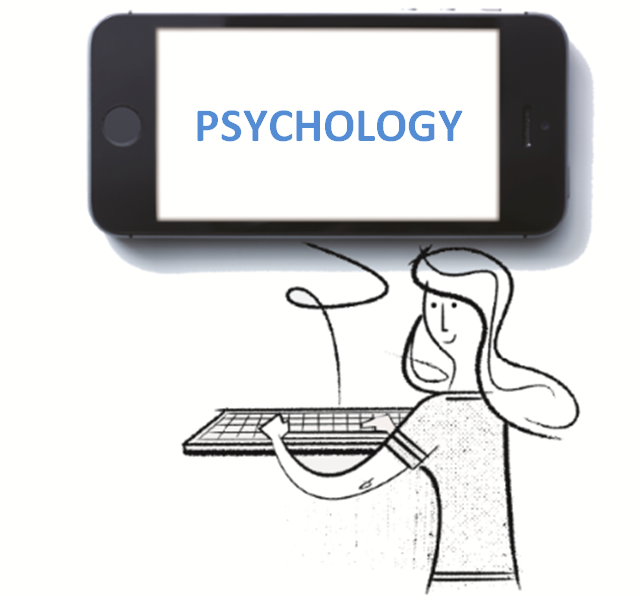


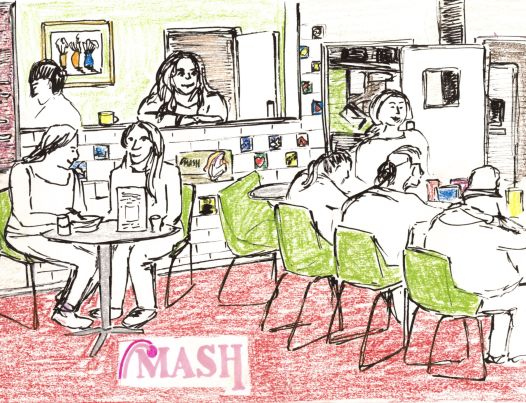
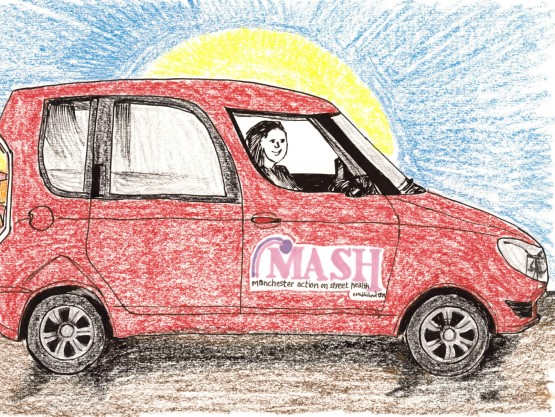
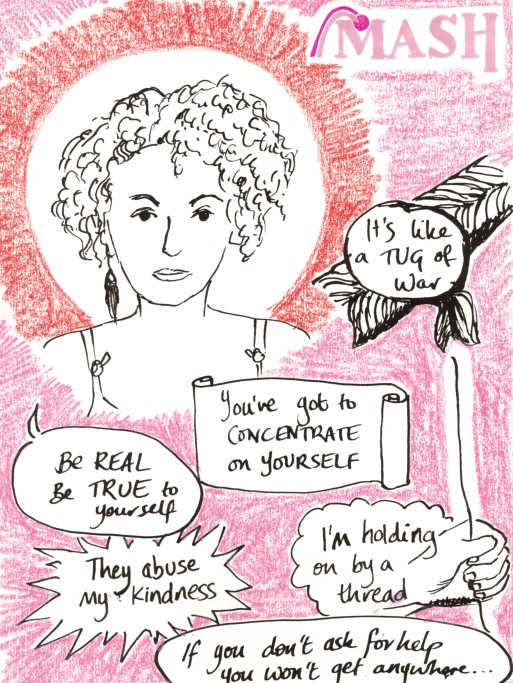
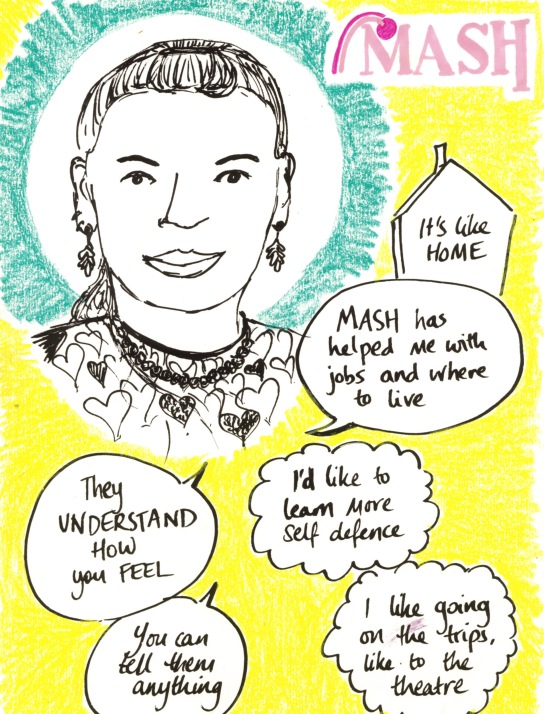

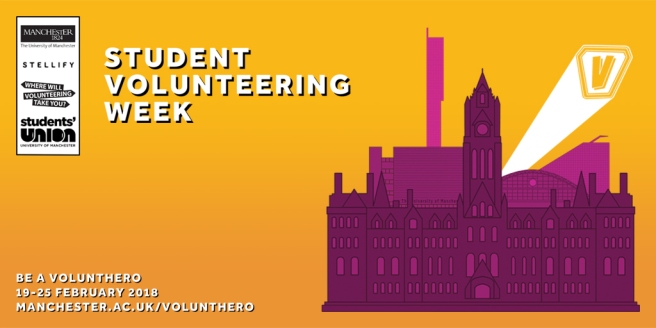
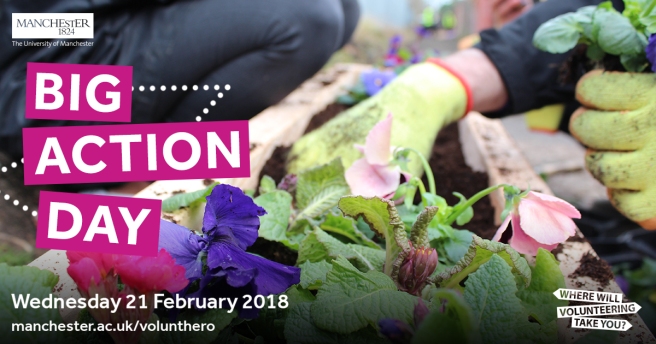





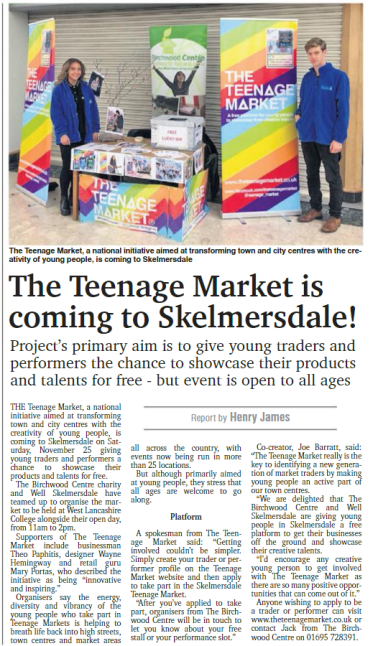
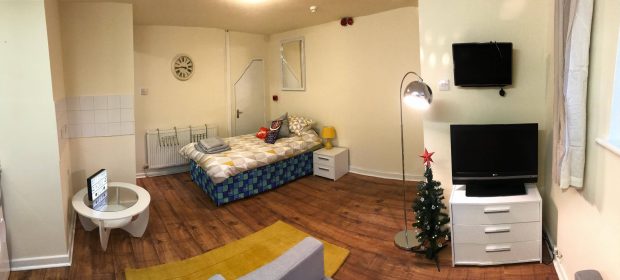

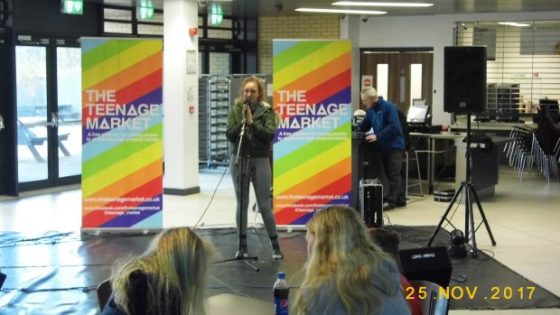
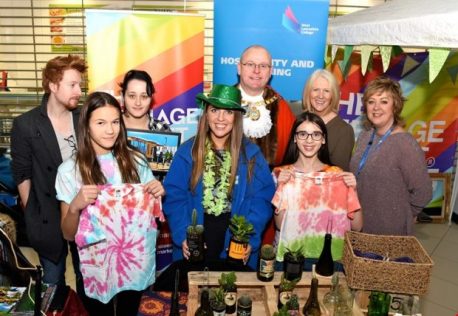

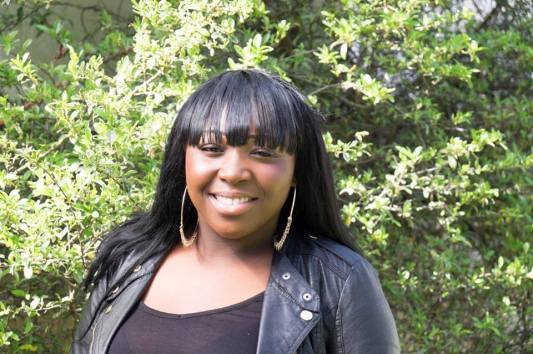
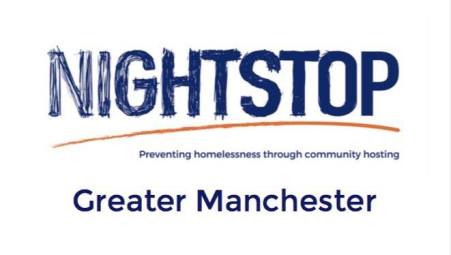
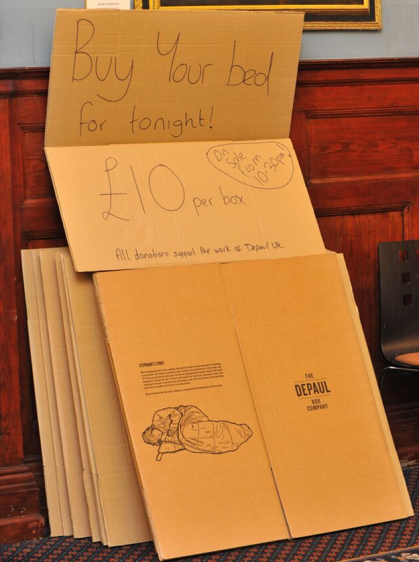
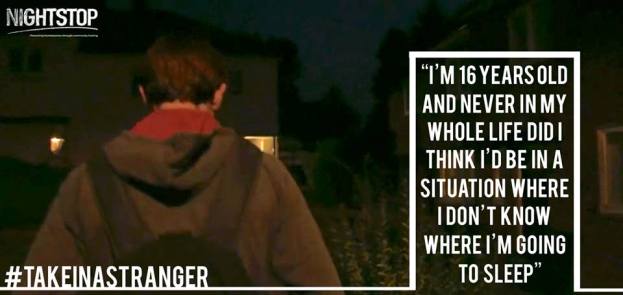
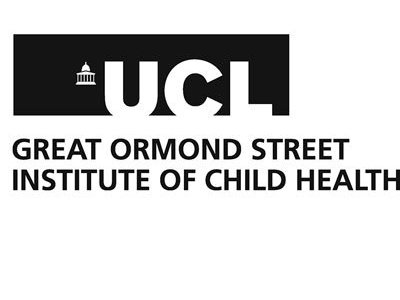

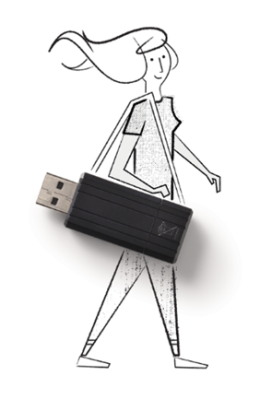
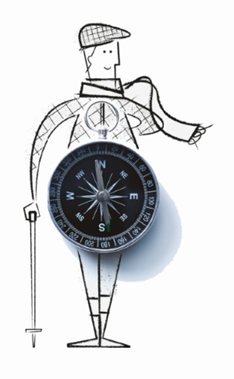
 If you’re interested specifically in Voluntary positions, have a look at the
If you’re interested specifically in Voluntary positions, have a look at the 